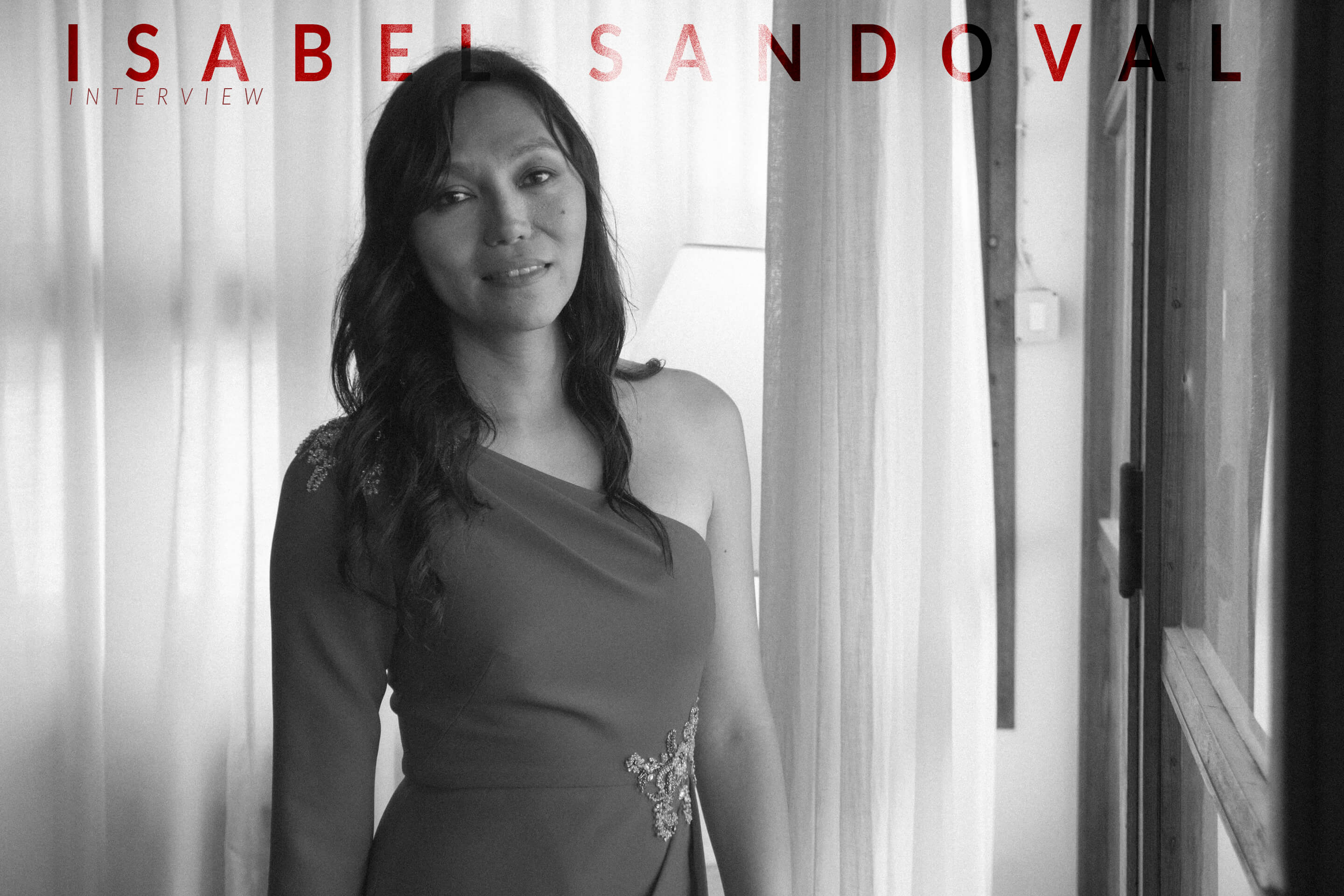“Lingua Franca” is the third feature film by director Isabel Sandoval, with whom we have chatted about what inspired her to tell the story of Olivia (played by Sandoval herself), an undocumented trans woman living in New York during the “Trump administration. “
The film is a very delicate tale about the relationship between Olivia and Alex (played by Eamon Farren), the grandchild of the woman Olivia cares for. With a precise socio-political context on the background, Isabel narrates a human and universal story of two people finding each other and themselves.
First of all, congratulations on the movie, we really liked it. What drew you to write a story about Olivia?
_____________
As a director – this is actually my third feature film – I’ve always been drawn to stories about marginalized women in society; my first film is about a trans woman who becomes involved in local politics, while the second one is about a cloistered catholic man in the Philippines during a dictatorship; this time, with “Lingua Franca” it’s about an undocumented trans woman during the Trump administration. I feel like I really want to tell stories about women whose stories and whose situations you don’t see depicted on the big screen very often, because I feel their stories are certainly more intriguing, more dynamic and more vibrant and then, as a trans immigrant myself, I know that I’m able to bring a certain level of truth and honesty to these stories and if I’m not going to tell it myself, then who else?
What were the main challenges to get this project done?
_____________
The budget is one – raising money is always a challenge. Most of our budget was financed through equity investors, but we also raised some money through crowdfunding campaigns. Actually, the budget for this one was at first three times bigger than it ended up being and I thought to get a smaller budget for a while, because given the theme of the film it feels niche in some way, because it’s about a trans character who’s an immigrant and I feel like I can actually shoot the film and pay the people who were working in the film decently based on that smaller budget. And with that smaller budget the movie can make money faster, and also I feel like I had the freedom to pursue my creative vision; I feel like if my budget were bigger, I would have a lot less autonomy and independence as an artist, but I really want to make the movie that I want.
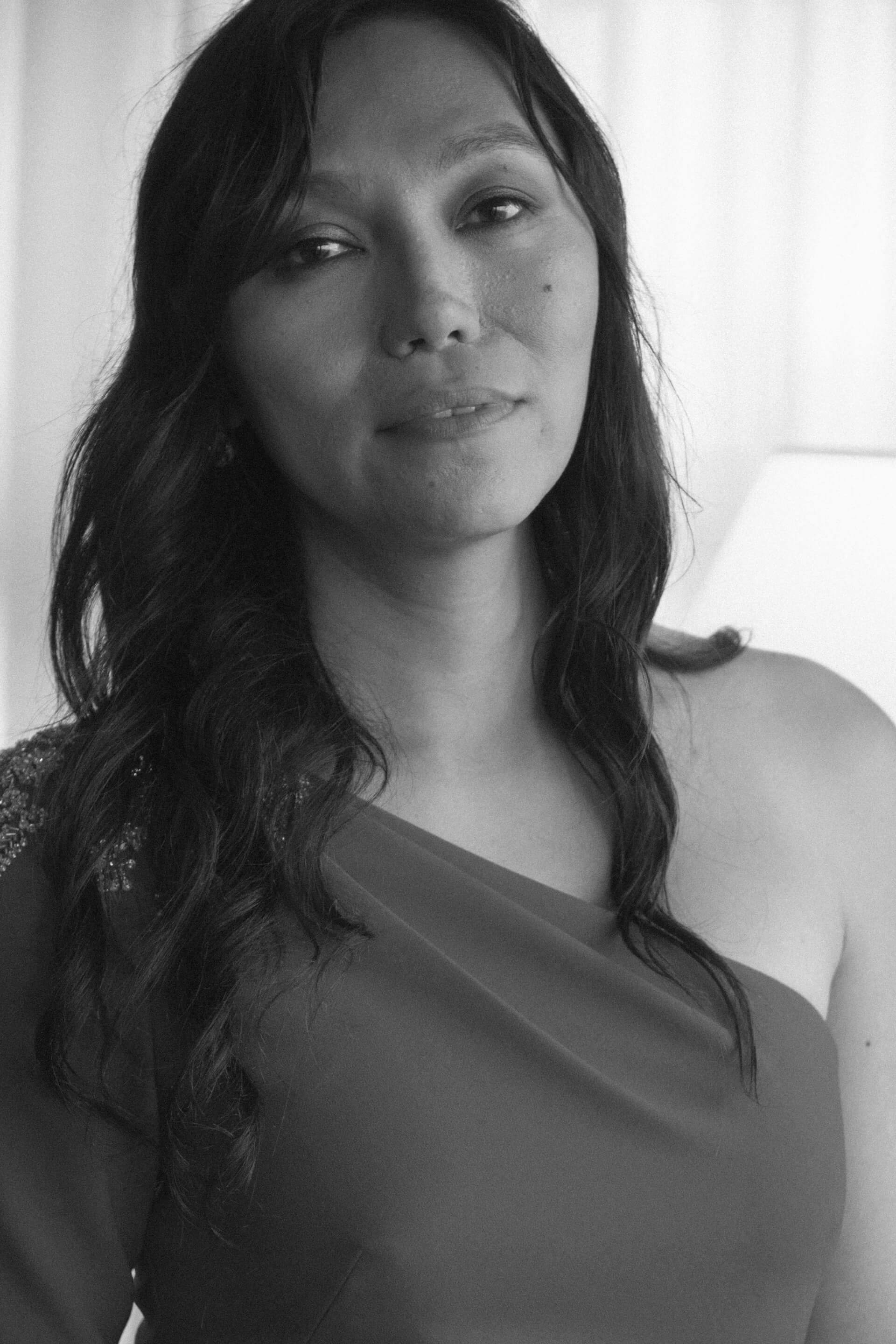
“…as a trans immigrant myself, I know that I’m able to bring a certain level of truth and honesty to these stories and if I’m not going to tell it myself, then who else? “
We are curious: why did you choose for Eamon’s character to have him work in a slaughterhouse?
_____________
It’s interesting when you think about a New York movie, especially a New York movie about Millennials, because it’s always Williamsburg, the very hipster, glamorous part of Brooklyn, but I wanted to showcase a part of New York City that you don’t normally see on-screen, like Brighton Beach and Coney Island, in a way that even though they are a part of New York City, it feels like they’re stuck in the 60s. The Russians can tend to be, at least the ones living in New York City, the not most hip or up-to-date people so I wanted it to feel like a period film, in some sense.
Although he works in a slaughterhouse, I didn’t want to go the usual cinematic route of making it seem greedy or super held-hand and shaky: I still wanted the visual to feel lush and, in a way, romantic and poetic.
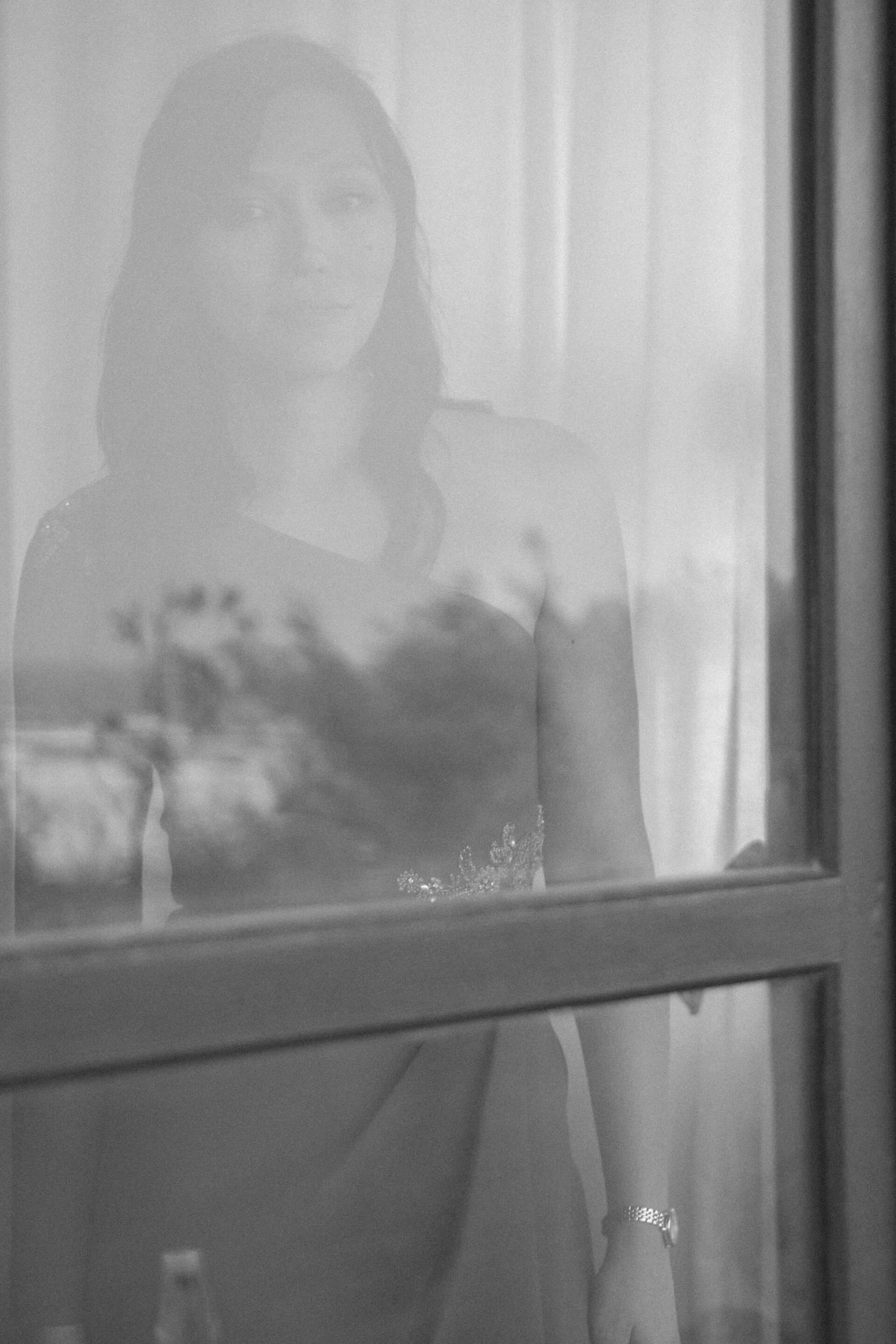
“…I wanted to showcase a part of New York City that you don’t normally see on-screen, like Brighton Beach and Coney Island, in a way that even though they are a part of New York City, it feels like they’re stuck in the 60s.”
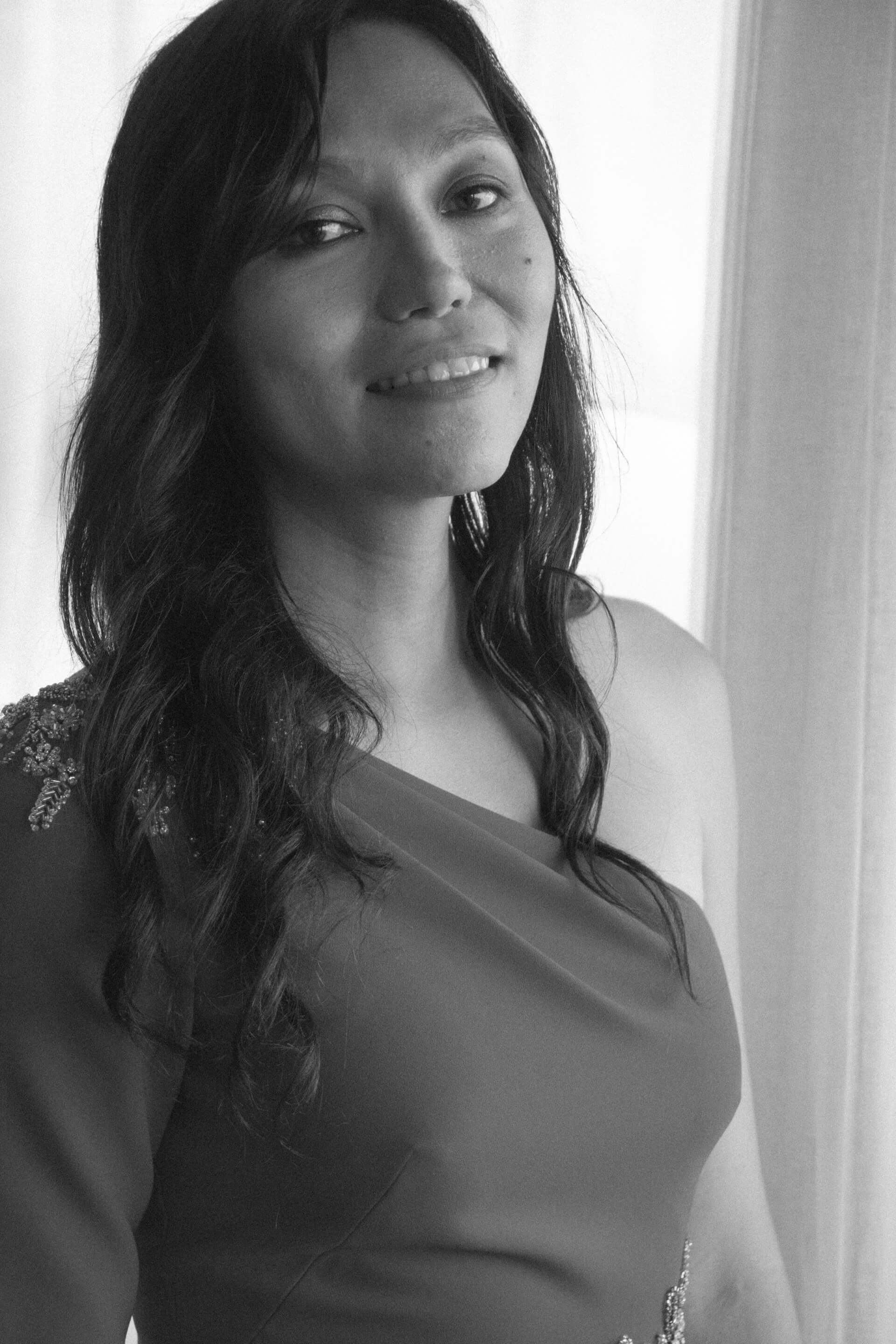
How did you work with Eamon on the relationship between your characters?
_____________
What I love about working with Eamon is that he’s really a collaborator. Especially because, as a trans woman, I feel like I understood very intimately the psychology and the character of Olivia, but I wanted to get input and insight into what makes a man like Alex tick: what are his motivations, what are his intentions.
Eamon in that regard has been very, very helpful and he dived into the deeper psychology of a character like Alex.
What is the meaning or the importance for you of all the moments of silence in the film?
_____________
The film is representative of my own personality: I think I’m quite reserved and I’m mostly quiet most of the time, I’m more comfortable observing rather than actively talking.
I feel like there are a lot of films that focus more on the action and plot developments and I wanted to focus on the quiet moments of introspection between those big events and actions because, for me, that is what is important in the story.
Since they pull forces on the characters, how do they arrive at the decisions that they make? Because those decisions ultimately create a chain of events. It feels like, it’s when people are at their most private and isolated that you really see the reality and the truth about these people.
The silence also makes us, as audience members, pay more attention.
_____________
Exactly.
What I told a film critic was that it’s actually the silences and the pauses that are more important in this film. It invites you to lean in and really pay attention, not just to the words that are being said but to the pauses between those words.
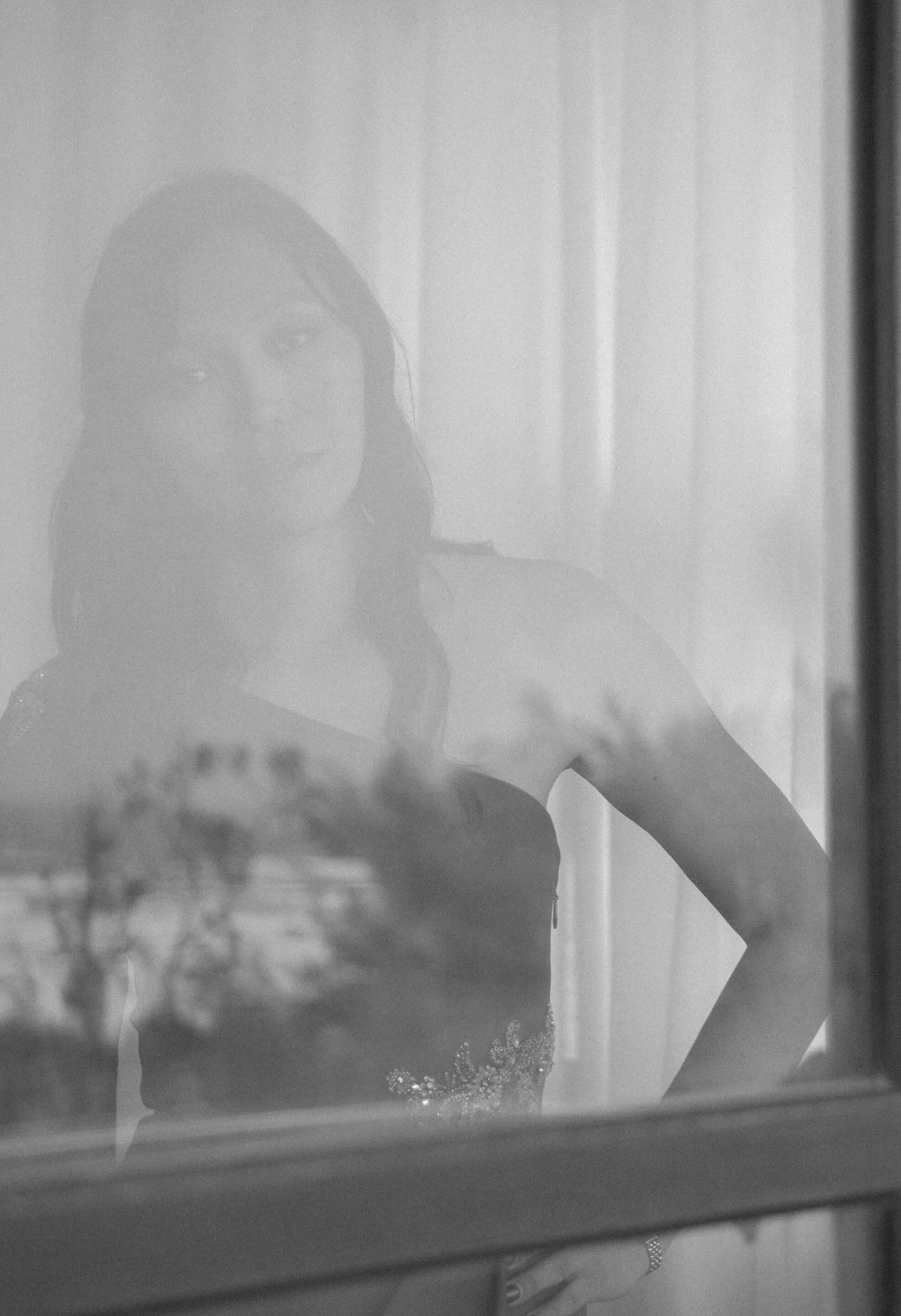
How do you prepare when you direct yourself as an actress? Is it difficult?
_____________
This is not a very common answer, but I feel like it’s easier for me. Because acting in my own film is, for me, one less person to direct.
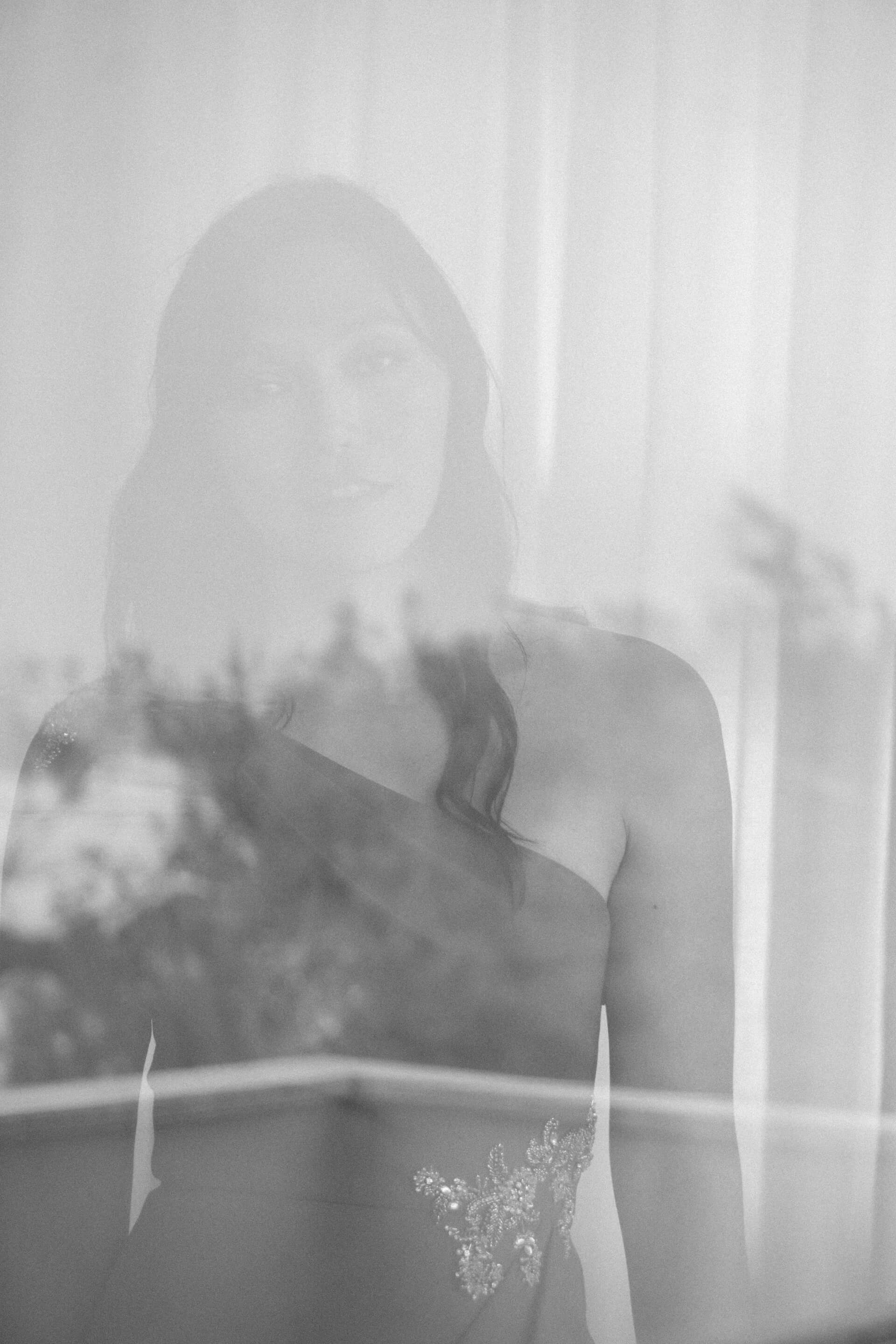
It feels natural…
_____________
Yes, because, with a character like Olivia, I feel like I know her very well. Before shooting, while I’m writing, I really get to know the characters on a deeper level but in the week or in the few days before shooting I don’t think about it too much because I would just get nervous. So I just take it a day at the time. Of course, the night before I would prepare for the scenes but, when I’m acting in the scene with my actors, I just try to be present and kind of internalize Olivia.
The movie is a mirror of contemporary society that more than often leave alone the ones who are struggling to build a life and a society and a political system that seems to be moving back instead of forward. According to you, do movies have room to be a medium to keep and remind us of the values of being a community?
_____________
I do feel that “Lingua Franca” touches on immigration and LGBTQ+ rights, especially transgender rights, but I also use those issues as a backdrop to really explore personal individual stories because I feel that, to a certain extent, there are people who are always going to be turned off when you say, “this is a movie about immigration and trans rights.” Because they feel like it may be too political for them, and that turns them off.
So I try to draw people in by making movies that are about individual people and their desires, their yearnings, their hopes, that just happen to take place in a very specific social-political environment. In that sense, hopefully, the audience, even though they are watching it in, maybe, South Africa or Japan and in countries and societies that are very far removed from the realities being depicted in the film on-screen, they can still recognize basic humanity and dignity in the characters. That’s why I feel the programmers of the Giornate degli Autori really responded to the film because, while it takes place in a very specific socio-political context, the stories are more universal and accessible.
How would you describe “Lingua Franca” in one word?
_____________
Enigmatic.
What’s your next project?
_____________
I actually have a few projects in development. The first one is a noir series that I’m developing with a British executive producer that is going to be set in Los Angeles in the late 70s and the other one is a mystery adoption drama that I hope to also act in.

